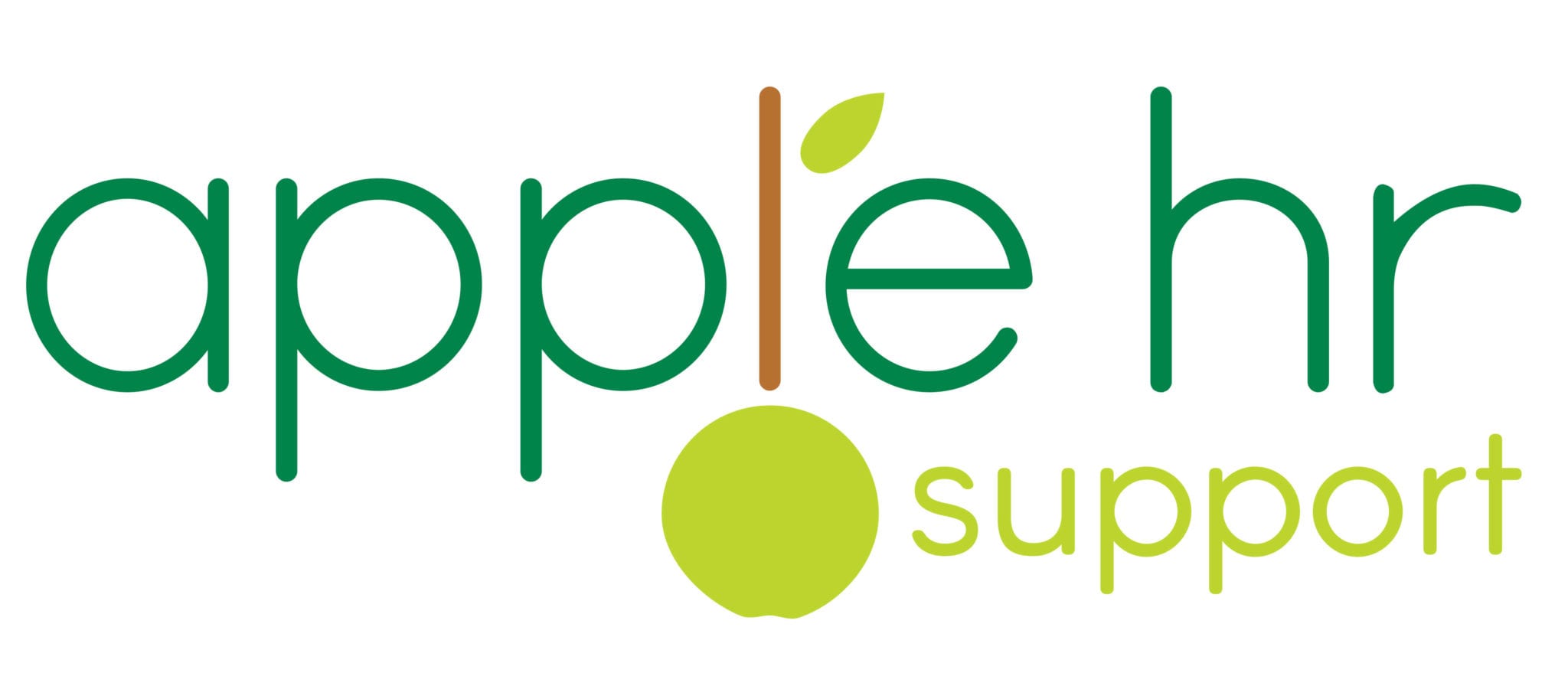A lot has happened over the last 18 months in the world of HR but at the moment, it seems our most popular request involves Maternity Leave.
- An employee has told me she’s pregnant, what do I do now?
- I want to attract new candidates with engaging benefits, what might an enhanced Maternity and Paternity Policy look like for us?
- We’ve got an employee who has only been with us a few weeks who has told us she’s pregnant, what do we as a business need to do?
It can be really tough to deal with Maternities and Paternities as they aren’t really an everyday occurrence in many businesses. However, it seems that over the various lockdowns, we have seen a huge increase in pregnant employees. A second BABY BOOM if you will. So, right now could be a perfect time to get clued up on your obligations as an employer and how you might attract exciting candidates in the future.
When should an employee tell you they are pregnant?
An employee must tell you they are pregnant no later than 15 weeks before their due date. This does not have to be in writing but they must inform you of the expected week of birth and the date which they would like to start maternity leave.
When you’ve been informed, you must reply within 28 days and let them know that they are entitled to 52 weeks’ maternity leave confirming the date of their expected return.
It is a good idea to have a maternity policy in place which is easily accessible to allow employees to know their options.
You cannot discriminate against an employee because they are pregnant, they have an illness related to pregnancy or the maternity pay or leave they plan to take. Discrimination can include dismissing them, not offering them a job, changing their pay or other terms, forcing them to work while on maternity leave or stopping them returning to work.
What should you do once informed?
Inform an employee of her right to take time off for ante-natal care in the run up to the birth but they must inform their employer of the time of these appointments. You should discuss the type of work she is doing and explain if her doctor advises her not to continue this type of work you will find an alternative role for her to do with no loss in pay.
You must arrange a date to discuss her full entitlement to leave and pay and detail whether this will be statutory or enhanced. Also, she will need to know your expectations for her return to work as well as any notice period she must give if she intends to return early.
You will also need to set out how you will keep in touch during her maternity leave. These can all be done through formal invitation letters and meetings with detailed notes.
Compliance vs Engagement
With quality candidates becoming a rare find at the moment, it is important to offer the best benefit package possible to entice them into your business.
This could be to offer 6 weeks of their ordinary pay on top of the 39 weeks of statutory maternity pay for example. Or you could offer expectant father’s an extra 2 weeks of paternity leave on top of the 2 weeks which are statutory at the same level of pay.
It is important to consider what you think appropriate for your business whilst remaining compliant and to make sure that it is fully detailed in your contracts of employment.
To support you through this we have compiled a Maternity Package. This is a suite of legally compliant documents which will help you conduct a maternity process in the easiest way possible. These documents include template invitation letters, the most up to date rates for maternity leave and pay and flowcharts and checklists which will help you to stay on track.
In addition to this, if you’d like us to take the maternity process completely off your hands we will be happy to send invitations and conduct meetings on your company’s behalf. For pricing and advice regarding either of these services please send us an email at info@applehr.co.uk.



